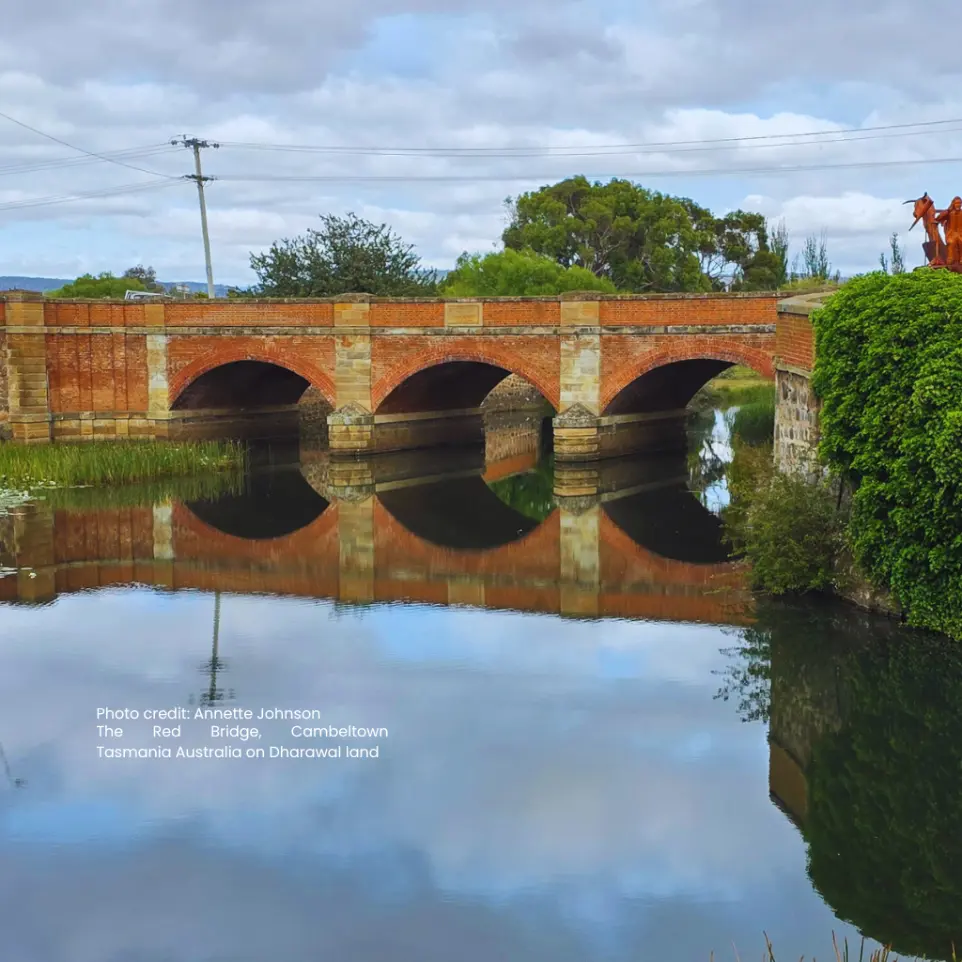About
This workshop invites educators to explore the concept of flow as a powerful pedagogical tool for designing learning environments that foster deep engagement, intrinsic motivation, and joy in learning. Drawing from Positive Psychology research on flow and the Phoenix Cups® Framework, participants will reflect on how children enter states of flow, what developmental and environmental conditions make this possible, and how educators can intentionally cultivate spaces where wellbeing and learning naturally thrive.
Through rich discussion, practical examples, and hands-on reflective activities, participants will connect the theory of flow to their everyday practice, gaining practical tools to embed flow as a lens for curriculum design, environmental planning and relational pedagogy.
Download the full workshop brochure
See workshop overviews, learning focus, and delivery options in one clear, printable PDF.
We will
- Explore the concept of flow in early childhood and how children’s regulation, rhythms and engagement states shape deep learning.
- Unpack how environments, routines and transitions impact children’s ability to enter and sustain flow, using real examples and practical activities.
- Examine evidence, theory and neuroscience linking emotional safety, autonomy and uninterrupted play to children’s wellbeing and learning.
- Identify practical strategies for reducing stressors, increasing autonomy and designing flexible learning spaces that support sustained engagement.
- Engage in shared critical reflection to explore how flow-based approaches can be embedded into your unique program, routines and context.


Participant Outcomes
- Define flow pedagogy and explain its relevance to children’s learning, wellbeing, and development.
- Identify the conditions that support flow - balance of challenge and skill, uninterrupted time, environments rich in curiosity and possibility.
- Link flow to children’s needs using the Phoenix Cups® Framework, seeing flow as a state where multiple cups are filled simultaneously.
- Recognise flow moments in practice and reflect on how to extend or protect them.
- Embed flow into planning and pedagogy, aligning practice with NQF expectations around child-centred, strengths-based, and relational learning.
- Reflect critically on their own teaching practice, considering how routines, environments, and educator responses can either block or enable flow.
Theoretical Underpinnings
Positive Psychology
Flow aligns with the science of flourishing (Seligman & Csikszentmihalyi, 2000), emphasising wellbeing, meaning, and engagement as central to learning.
Self Determination Theory (Ryan & Deci)
Flow states meet basic psychological needs for autonomy, competence, and relatedness, making it deeply relevant to children’s motivation.
The Phoenix Cups® Framework
Flow can be seen as a multi-cup filler (Connection, Mastery, Fun, Freedom, and Safety). Children are most likely to experience flow when their needs are considered and their cups are filled.

Csikszentmihalyi’s Flow Theory
A state of flow is achieved when challenge and skill are balanced, creating optimal learning conditions. It supports intrinsic motivation and sustained attention.
National Alignments
Quality Area 1: Educational program and practice
Element 1.1.2 Child-centred: Flow pedagogy recognises children’s agency and capacity to enter deep states of learning .
Element 1.2.2 Responsive teaching and scaffolding: Educators adapt the balance of challenge and skill to scaffold children into flow.
Quality Area 3: Physical environment
Element 3.2.1 Inclusive environment: Flow pedagogy values diverse entry points, ensuring every child can access meaningful challenge.
Quality Area 5: Relationships with children
Element 5.1.1 Positive educator to child interactions: Flow emerges in the context of strong, attuned relationships where educators notice and nurture children’s states of deep engagement.
Standard 1.2 – Know learners and how they learn: recognises children’s rhythms, regulation, and individual needs to support deep engagement.
Standard 3.3 – Plan for and implement effective teaching and learning: enables flexible, play-rich programs that minimise transitions and respond to children’s cues.
Standard 4.1 – Create and maintain supportive and safe learning environments: promotes predictable, low-stress environments where children feel secure to explore and learn.
Principle 1 - Child safety and wellbeing are embedded in organisational leadership, governance and culture: promotes emotionally safe, predictable, low-stress environments where children’s wellbeing guides decision-making and program design.
Principle 2 – Children are safe, informed and participate in decisions affecting them: by honouring children’s cues, rhythms, agency, and autonomy, flow pedagogy strengthens meaningful participation and voice in daily learning.
Principle 4 – Equity is upheld and diverse needs are respected in policy and practice: ensures learning experiences adapt to each child’s developmental, sensory, cultural and emotional needs, reducing barriers to engagement.
Social & Emotional Skills
- Strengthens educator understanding of children’s regulation, engagement rhythms, and stress responses.
- Builds capability in co-regulation, attuned interactions, and supporting children back into “flow,” through predictable yet flexible environments where children feel emotionally safe to explore and learn.
Access & Inclusion
- Promotes relational, needs-based and trauma-informed practices that reduce barriers to participation.
- Supports educators to adapt environments, routines, and expectations to honour diverse developmental and sensory needs and ensures equitable engagement by reducing overwhelm, waiting, and transition-related stress.
Physical & Gross Motor Skills
- Encourages movement-rich, uninterrupted play where children naturally regulate through proprioceptive and vestibular experiences. Acknowledging physical engagement supports improved wellbeing, focus, and sustained learning.
- Supports educators to design spaces that promote autonomous, purposeful movement throughout the day.
Oral Language & Communication
- Enhances opportunities for meaningful, connection-rich dialogue by reducing rushed transitions and improving engagement windows through supporting serve-and-return interactions during deep play and exploration.
Access & Inclusion
Reduces barriers to engagement by minimising overwhelm, long waits, and transition-heavy routines.
Ensures children feel safe, included, and able to participate meaningfully through flexible, predictable learning environments.
Wellbeing (Social & Emotional Skills)
Strengthens children’s emotional regulation and coping skills by reducing stress triggers and supporting flow states.
Creates predictable, nurturing environments where children feel secure, connected, and ready to learn.
Self-Regulation
Supports educators to recognise early cues of dysregulation and respond with attuned, co-regulating strategies.
Helps children move back into calm, focused states through uninterrupted play and sensory-rich engagement.
Reduces behavioural challenges by meeting core needs and creating low-stress, autonomy-supportive routines.
